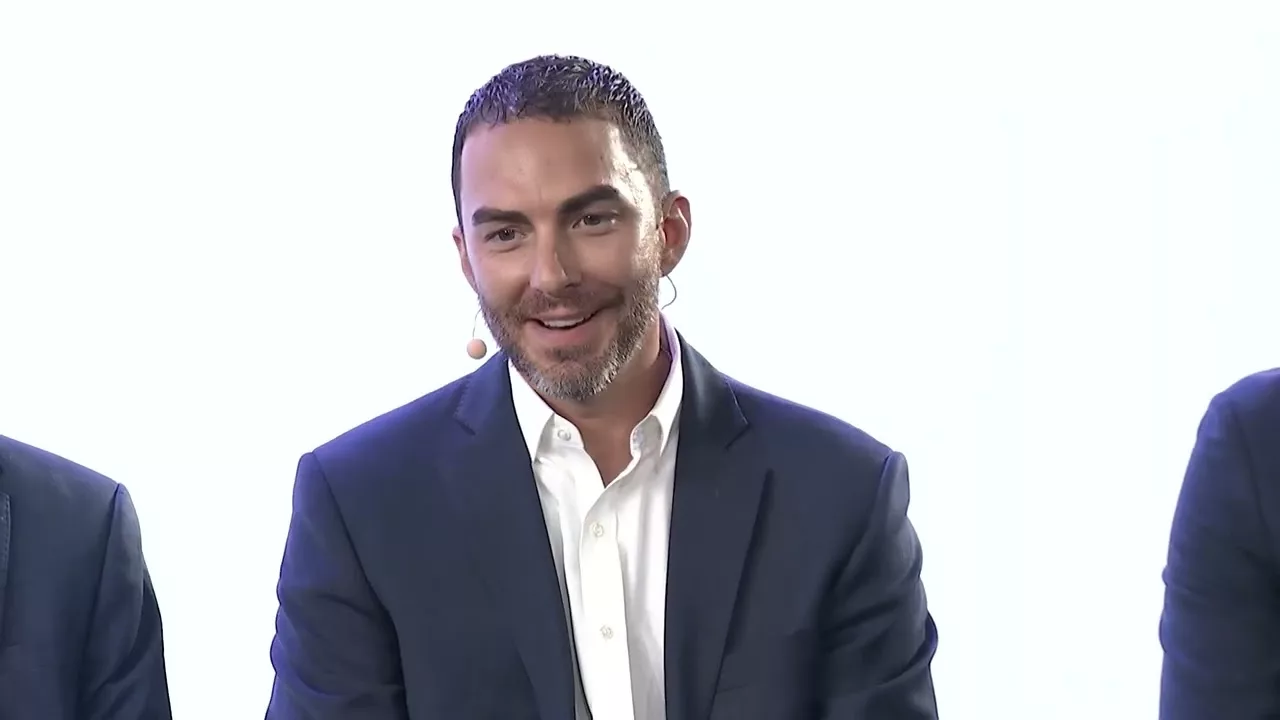Most views of leadership are sub-optimal for the organizations where most types of work get done today. And so it’s time to re-think our view of courage for our modern context.Pretending to be fearless no matter how good the reasons to be afraid, or acting like a know-it-all no matter how obvious it is that neither you nor anyone else has all the answers, isn’t impressive. Instead, admit when you don’t know things and apologize if you do the wrong thing.Courageous leaders also know that their job is about doing important work on behalf of others. And because there are always going to be differences of opinion and limited resources, they’re willing to engage in difficult conversations and tactfully deliver bad news even if the news may hurt the other person.Finally, courageous leaders surround themselves with, and promote, people who help them learn by challenging rather than flattering them. They reward rather than punish those who try new things, even when they don’t go well. They change outdated systems that exclude diverse perspectives.
Courageous leaders display openness and humility
Pretending to be fearless no matter how good the reasons to be afraid, or acting like a know-it-all no matter how obvious it is that neither you nor anyone else has all the answers, isn’t impressive. It’s dangerous — for yourself and for those who depend on you. As Aristotle noted over 2,000 years ago there’s clearly a difference between courage and foolhardiness. It’s foolish, not courageous, to lead a hiking group toward a bear that will obviously kill you all for no good reason. Likewise, leading people in your organization into all kinds of trouble because you couldn’t acknowledge you were afraid or needed others’ expertise isn’t courageous. It’s dangerous. Here’s the thing: Once people know you’re competent, it makes you look stronger (not weak) when you admit “I don’t know” or say “Please help with this.” Think about the myriad difficulties faced during the Covid-19 pandemic. Did you admire and feel more drawn to your leader if she came online and acted as if nothing at all was troubling her? Or, instead, when she also admitted she was facing a series of work and life challenges unlike any in the past, but was committed to getting it through it together and becoming stronger as a group as a result? The same is true with apologies. When a leader genuinely says, “I’m sorry, I screwed that up,” we see that person as more likeable and more trustworthy. We want to help make the situation better. In contrast, we don’t think someone is a good leader or a hero because they cover up mistakes with lies or omissions. We think they’re weak or a jerk, and we try to distance ourselves as quickly as possible.
Courageous leaders put principles first
Real leadership isn’t about winning a popularity contest. It’s about doing important work on behalf of others. And because there are always going to be differences of opinion and limited resources, you’re probably not going to make much progress on that important work if you can’t stand the thought of upsetting some people some of the time. Michael Bloomberg clearly understood this during his tenure as Mayor of New York City. “If I finish my term in office… and have high approval ratings, then I wasted my last years in office,” he said. “You always want to press, and you want to tackle the issues that are unpopular, that nobody else will go after.” If things are going pretty well, said Bloomberg, you’re skiing on what for you is a bunny hill and it’s time to move to a steeper slope.” Leadership as a popularity contest is, in short, a high-school or Hollywood view of leadership. Good leadership is about being trusted and respected for the defensibility of the decisions you make. It’s about courageous action to defend core principles, even when it costs something significant — potentially even one’s own popularity or standing in the short run.
Courageous leaders focus on making environments safer for others
In the vast majority of organizations, entreating people to routinely stick their necks out despite legitimate fear isn’t exactly a sign of strong leadership. Yet that’s what leaders who “encourage courage” are essentially doing. They’re implicitly saying that because they aren’t courageous enough to change the conditions in their organization to make it safer for people to be honest, try new things, or take other prudent risks, everyone else should be courageous enough to do them anyway. Sadly, that’s not going to create an environment where people routinely do more of the things that are needed for individuals or organizations to learn, change, and thrive. Even superheroes know this doesn’t work. They don’t spend their time trying to make everyone else a superhero; they spend their time trying to create safer conditions where courageous action isn’t routinely called for. The leaders we need today surround themselves with, and promote, people who help them learn by challenging rather than flattering them. They reward rather than punish those who try new things, even when they don’t go well. They change outdated systems that exclude diverse perspectives. The leaders we need today demonstrate, rather than demand, courageous action. They choose, like Fred Keller did, to be vulnerable — even if their position, gender, race, or other status markers mean they don’t have to.
Note: This article have been indexed to our site. We do not claim legitimacy, ownership or copyright of any of the content above. To see the article at original source Click Here













